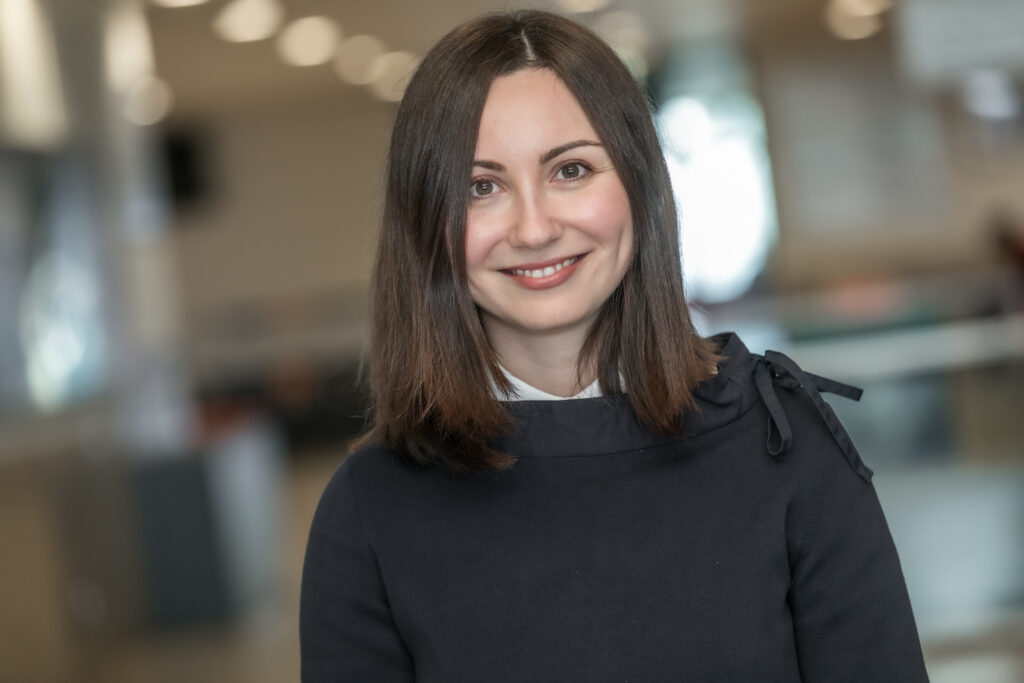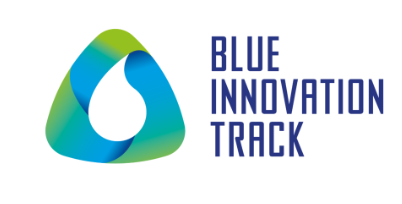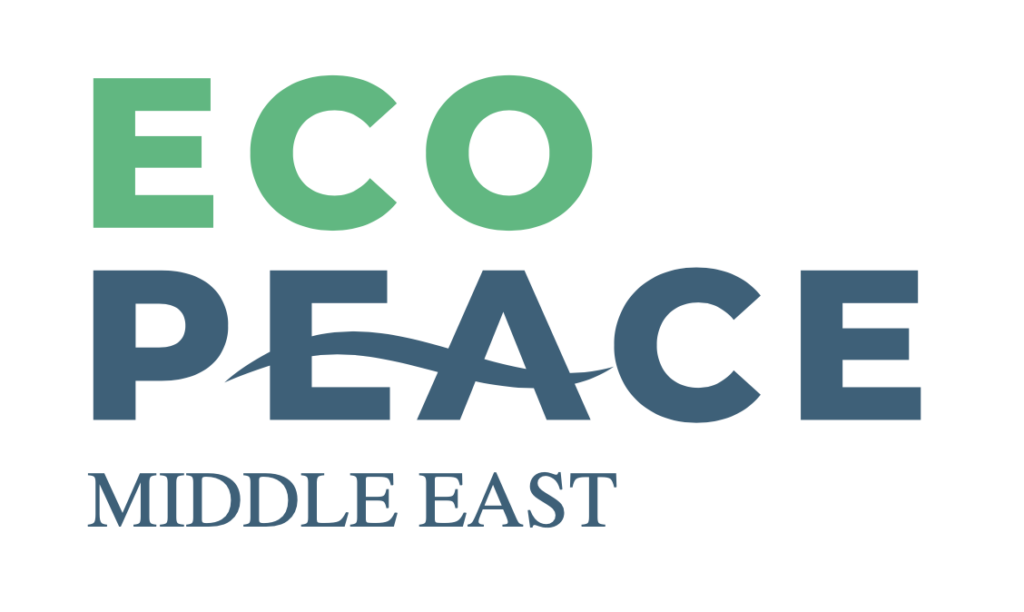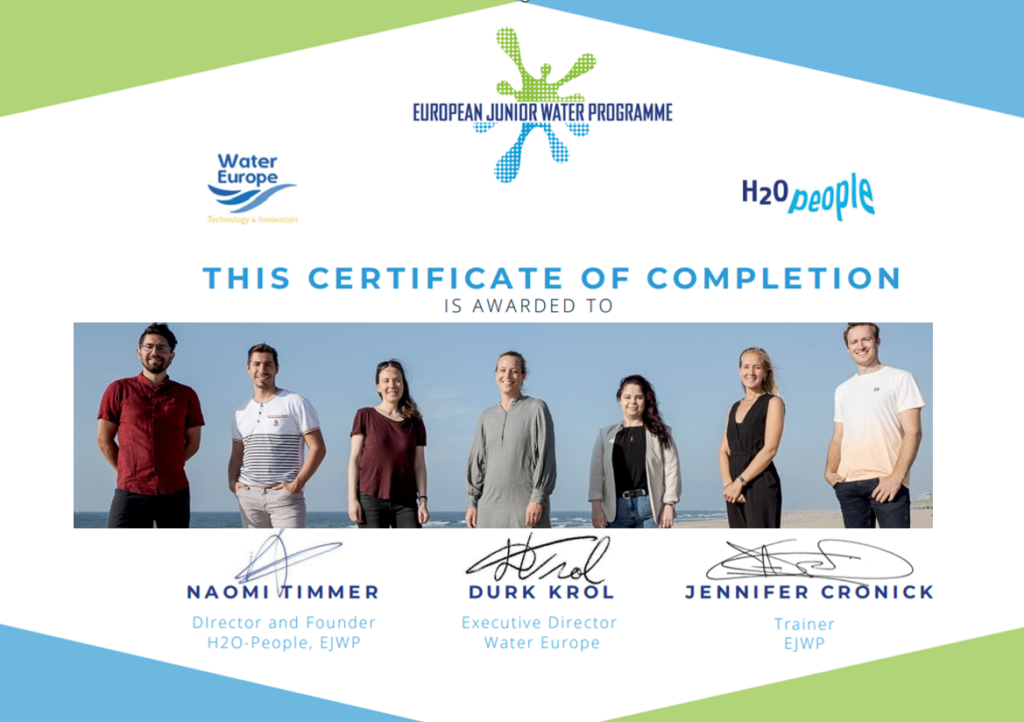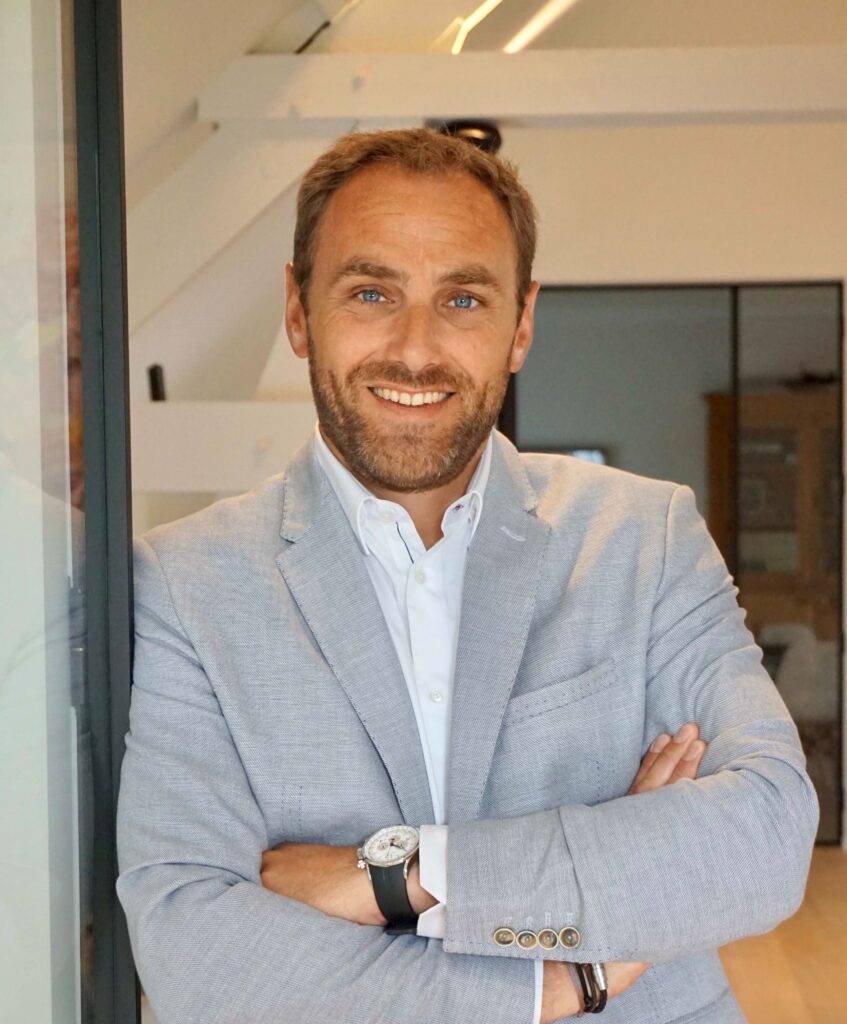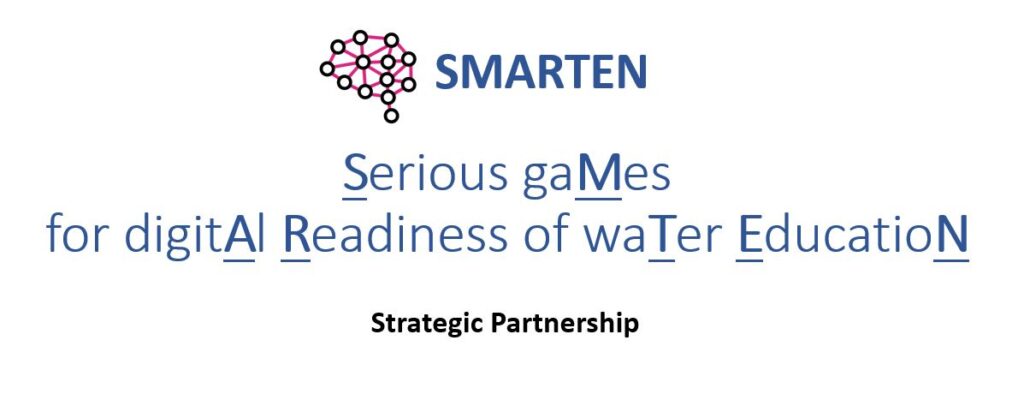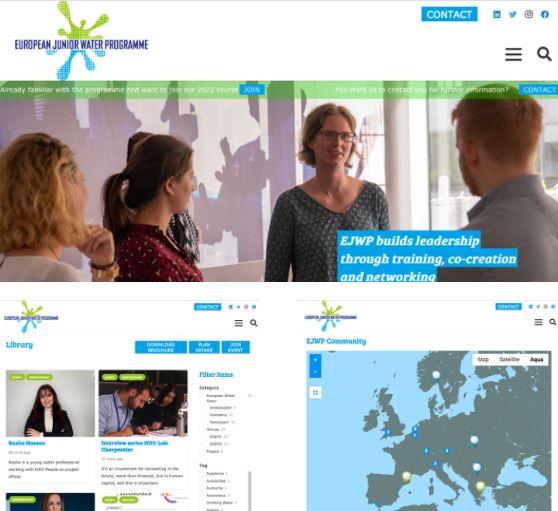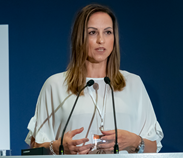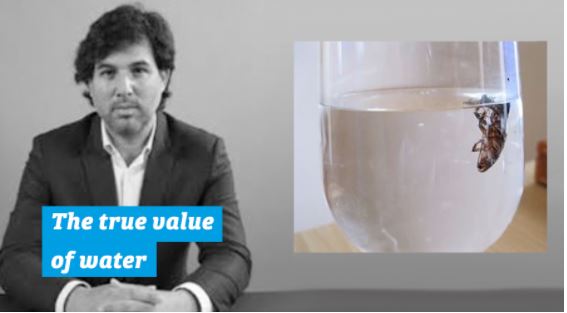Social Impact Advisor
Posts by Naomi Timmer
LAST CALL for Advanced Leadership Spring 2023
New EJWP beyond Europe Collaboration with EcoPeace, Israel
Meet Maria Cristina Pasi: Regional Collaborator EJWP
Planning is underway with Maria Cristina Pasi to hold an EJWP training week in Lombardy, Italy, in January 2023 to integrate with organizations and actors in the region, including planning for an upcoming Open Innovation Platform to further support new initiatives.
EJWP2 Concludes Its 2-Year Journey in Frankfurt
Meet Our New Trainer Filip Grisar
A New Wave in digital water education: SMARTEN
Digital readiness in all sectors is essential now more than ever with the challenging experiences of Covid-19. Are we really ready for this digital transition in the European water education sector? The answer may still be vague, but numerous efforts are taking place to work together to boost this transition and achieve inclusion for all during this process. To support this, we are happy to announce the official launch of a new Erasmus+, strategic partnership project – SMARTEN: Serious gaMes for digitAl Readiness of waTer EducatioN.
A new website, a new wave of stories
Last Friday we quietly shifted from our old website to an upgraded platform. Our stories are now coming more close-up for you to experience our waves and interact with our people.
Welcoming our newest EJWP Ambassador, Chrysi Laspidou
We are proud to announce Chrysi Laspidou as our new ambassador of EJWP. She is joining Richard Elelman, Marielle van der Zouwen, and Veronica Manfredi in this honourable role within the EJWP community.

